Cancer: Delayed treatments increase the risk of death
Lisa Weidner studied German and sociology and completed several journalistic internships. She is a volunteer at Hubert Burda Media Verlag and writes for the "Meine Familie und Ich" magazine and on nutrition and health topics.
More about the experts All content is checked by medical journalists.
In the case of cancer, the timing of diagnosis and therapy is often decisive for how successfully the tumor can be treated. It is therefore problematic when the corona pandemic pushes clinics to their limits - and when it scares those affected.
In the wake of the corona pandemic, many non-urgent operations and treatments were postponed worldwide. However, this can have serious consequences, especially for cancer patients, warn Canadian and British doctors in the journal "The BMJ".
A month's delay in cancer therapy can increase the risk of death by 3 to 13 percent, the scientists conclude - and the later treatment begins, the more it grows. I.
In Germany, the problem has probably not played a major role so far, because during the first wave of infections in the spring, interventions that were not absolutely necessary, such as hip operations, were postponed, and hardly vital ones such as cancer operations.
Data from 1.3 million patients evaluated
It was already known that late treatment has negative effects on cancer patients. A team led by oncologist Timothy Hanna from Queen's University of Canada has now examined in detail how a delay between diagnosis and the start of therapy affects patient mortality.
To do this, the scientists carried out a meta-analysis of 34 studies from January 2000 to April 2020 with a total of almost 1.3 million patients. The work covered surgical interventions, systemic therapies (such as chemotherapy) and radiation therapy for seven types of cancer - including bladder, breast, colon and lung cancer - which together make up 44 percent of all cancers occurring worldwide.
Increased risk of death in the event of delays
The result: "A four-week delay in therapy is associated with an increase in mortality in all common forms of cancer treatment, although longer delays are increasingly disadvantageous," says main author Hanna.
Specifically, the risk of death increases by six to eight percent for every four-week delay in operations, and by up to 13 percent for some radiation and systemic therapies.
The doctors calculated that postponements by eight to twelve weeks increased the risk of death even further. As an example, they cite breast cancer, in which an eight-week delay in surgery increases the risk by 17 percent, and at twelve weeks by 26 percent.
The scientists admit that their study is based on observational studies, which means that correlations cannot be properly proven. For example, postponements can also result from the fact that patients have multiple illnesses that increase the risk of death. Nonetheless, with a view to the corona pandemic, it is important to better understand the possible consequences of treatment delays.
More than 1 million postponed operations
In May, a study by the National Institute for Health Research (NIHR) at the University of Birmingham in the UK caused a stir, according to which around 28 million surgical interventions worldwide were postponed due to corona. The modeling study also included information from a survey among 34 German clinics.
For Germany, there were 908,759 postponed operations, including around 850,000 elective - that is, plannable, non-vital - interventions and 52,000 cancer operations. Estimates by the Cologne University of Applied Sciences even assumed a total of 1.6 million postponed operations.
According to Joachim Odenbach from the German Hospital Association (DKG), it will only be possible to say how many operations in Germany have actually been postponed due to Corona once the final data is available.
Overall, however, no vital interventions, but primarily so-called elective services, have been postponed in the clinics in this country. Many of these were in the plastic surgery field, and the AOK, for example, recorded 80 percent fewer hip prosthesis operations. On the other hand, appendectomy operations have even increased slightly.
"The information from the health insurance companies show that the clinics have handled the situation responsibly and will continue to do so," said DKG spokesman Odenbach.
In addition, the falling number of interventions was not only due to the capacities of staff and beds in the clinics. "There are also patients who are currently afraid of going to a hospital or doctor's office." Some postpone interventions in the knowledge that they would not be allowed to have a visit, while others did without early diagnosis examinations such as a colonoscopy.
"This means that there are fewer diagnoses in this area," explains Odenbach. The DKG called early on not to postpone early detection measures. Odenbach emphasizes: "Especially with cancer, the time of diagnosis can determine how successful a therapy is."
Soon more patients with advanced tumors?
In April, the Corona Task Force from German Cancer Aid, German Cancer Research Center and German Cancer Society appealed to political decision-makers not to neglect the care of cancer patients. They are maturing the population to visit doctors and hospitals even during the pandemic and to attend examination appointments - such as to clarify possible cancer diseases.
"The task force found that the first wave of the pandemic had significantly affected the oncological care system in Germany," said Gerd Nettekoven, CEO of Deutsche Krebshilfe.
There were long-lasting and only slowly recovering restrictions both in the "speaking treatment domains" (psycho-oncology, non-medical advice, aftercare) and in wide areas of the complex, multidisciplinary care of cancer patients.
Nettkoven says: "Although we assume that these were not acutely life-threatening, we cannot rule out negative effects for cancer patients, including an increasing number of cancer-related deaths."
In many cases, the patients would have avoided visiting the doctor even for fear of being infected with the virus: "It is therefore also to be feared that in the near future we will increasingly be confronted with patients whose tumors are only detected at an advanced stage and then with a poor prognosis will." (lw / dpa)
Tags: sex partnership Diagnosis sleep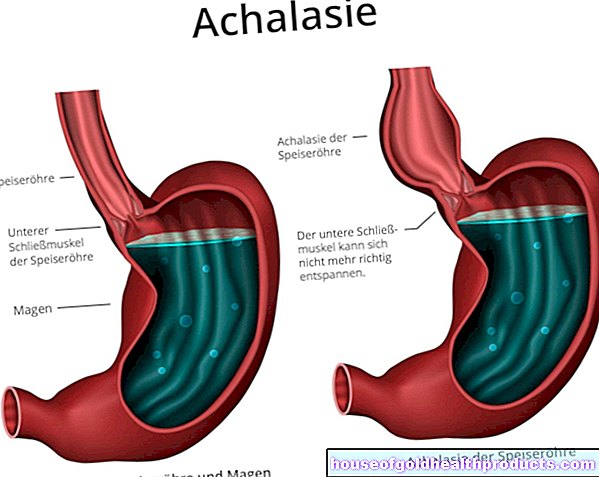






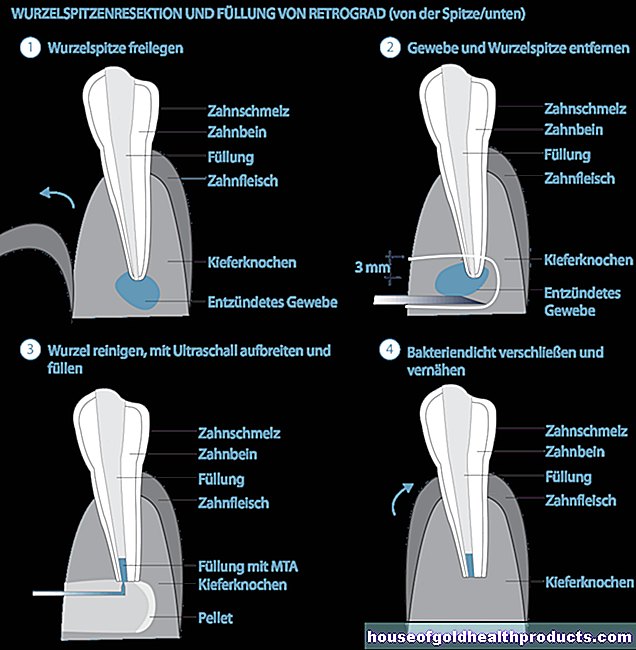





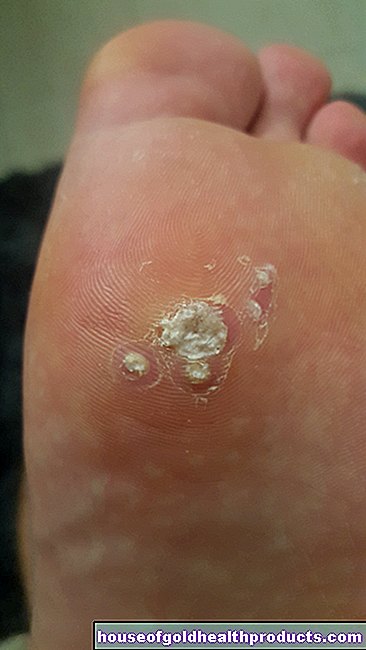

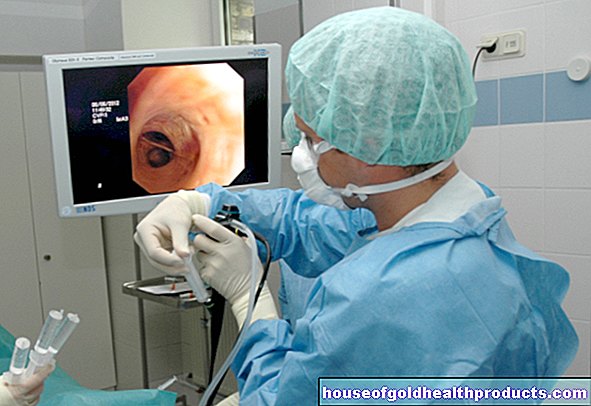



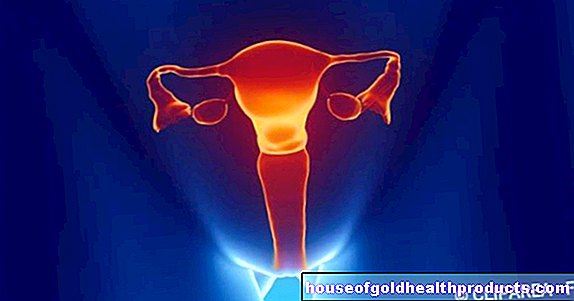






.jpg)



